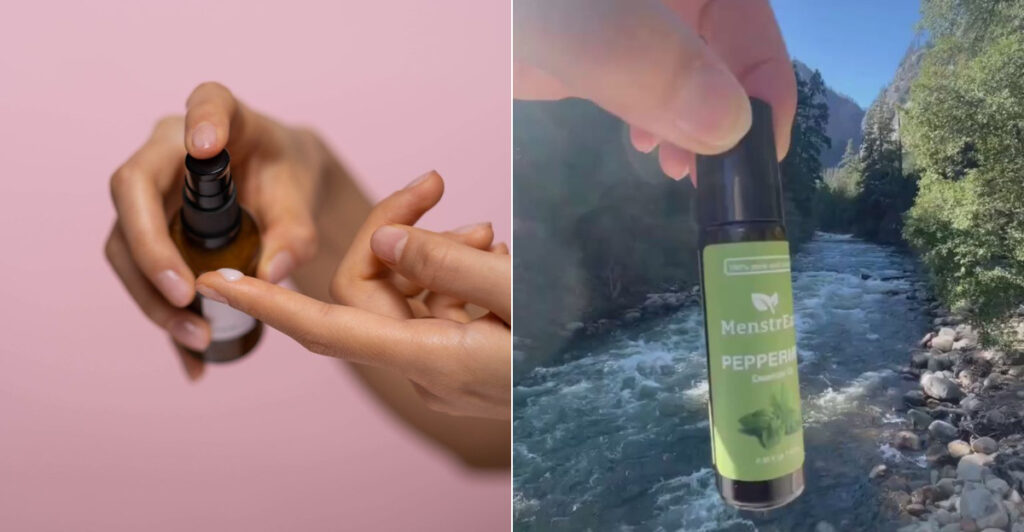Travel adventures can bring unexpected health challenges, from upset stomachs to sleepless nights in new time zones. Smart travelers know that packing the right natural remedies can make all the difference between a trip filled with discomfort and one filled with amazing memories. Building a natural travel kit with proven remedies helps you handle common travel health issues without relying solely on finding pharmacies in unfamiliar places.
1. Oral Rehydration Salts (ORS) Packets
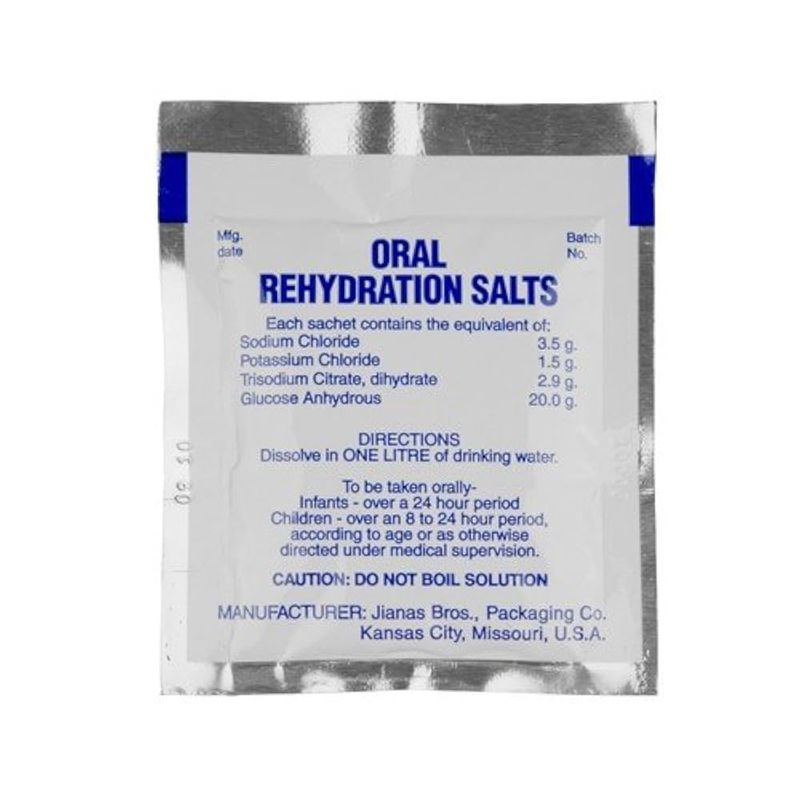
When traveler’s diarrhea strikes, dehydration becomes your biggest enemy. ORS packets contain the perfect balance of glucose and electrolytes that your body desperately needs to recover quickly.
The World Health Organization considers these packets the gold standard for treating dehydration from diarrhea. Simply mix one packet with clean water, and you have a powerful rehydration solution that works for all ages except the most severe cases.
These lightweight packets cost very little and are widely available worldwide. Pack several in your travel kit because stomach bugs can hit unexpectedly, especially when trying new foods or dealing with different water sources in foreign destinations.
2. Oil of Lemon Eucalyptus (OLE/PMD) Insect Repellent
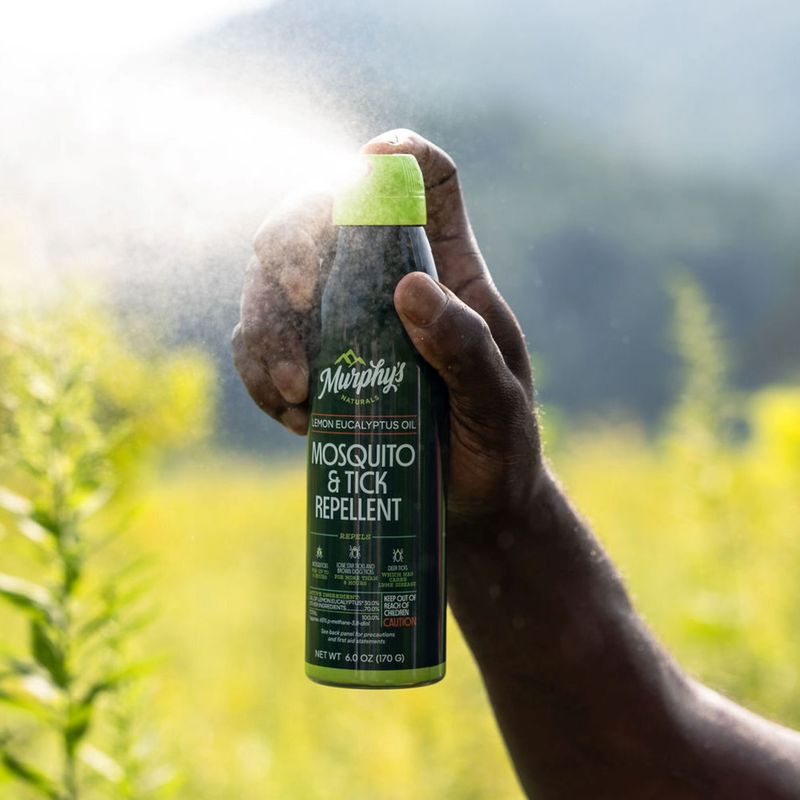
Mosquitoes and other biting insects can turn a dream vacation into an itchy nightmare. Plant-derived insect repellents offer effective protection without harsh chemicals that worry many travelers.
The CDC recognizes EPA-registered OLE/PMD products as safe and effective alternatives to synthetic repellents. Unlike straight essential oils, these properly formulated products provide reliable protection when used according to label directions.
Remember that products containing OLE/PMD should not be used on children under three years old. Always check the label before applying, and reapply as needed throughout the day, especially in areas known for mosquito-borne diseases like malaria or dengue fever.
3. Melatonin for Jet Lag Relief

Crossing multiple time zones can leave your internal clock completely confused, making it impossible to sleep when you need rest most. Melatonin helps reset your body’s natural sleep-wake cycle more quickly than letting it adjust naturally.
Research shows that taking melatonin near your destination’s local bedtime can significantly reduce jet lag symptoms. Start with modest doses and use it only for short-term adjustment periods rather than long-term sleep support.
Pack melatonin in your carry-on bag so you can begin using it immediately upon arrival. This natural hormone supplement works best when combined with other jet lag strategies like staying hydrated and getting sunlight exposure at appropriate times.
4. Ginger for Motion Sickness and Nausea
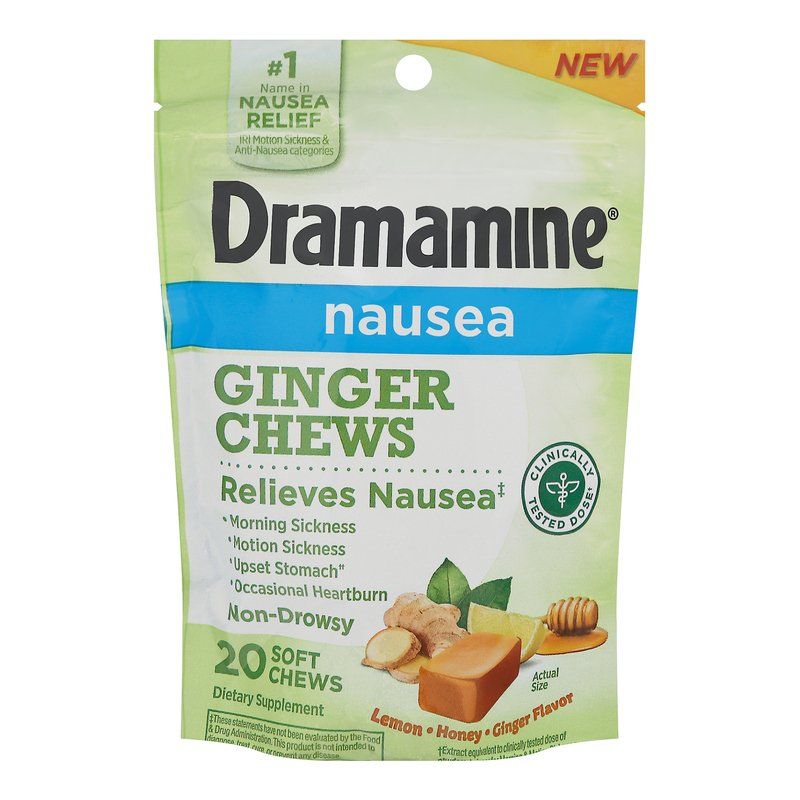
Car rides through winding mountain roads or choppy boat trips can quickly trigger motion sickness that ruins your travel experience. Ginger has been used for centuries to calm upset stomachs and reduce nausea naturally.
Multiple clinical trials confirm that ginger effectively reduces motion sickness, postoperative nausea, and even pregnancy-related morning sickness. Ginger chews, capsules, or tea bags are convenient travel-friendly forms that work quickly when nausea strikes.
Keep ginger products easily accessible in your day pack or purse. Taking ginger before you feel sick often works better than waiting until nausea has already started, so consider taking some before long car rides or boat excursions.
5. Peppermint Oil Roll-On for Headaches
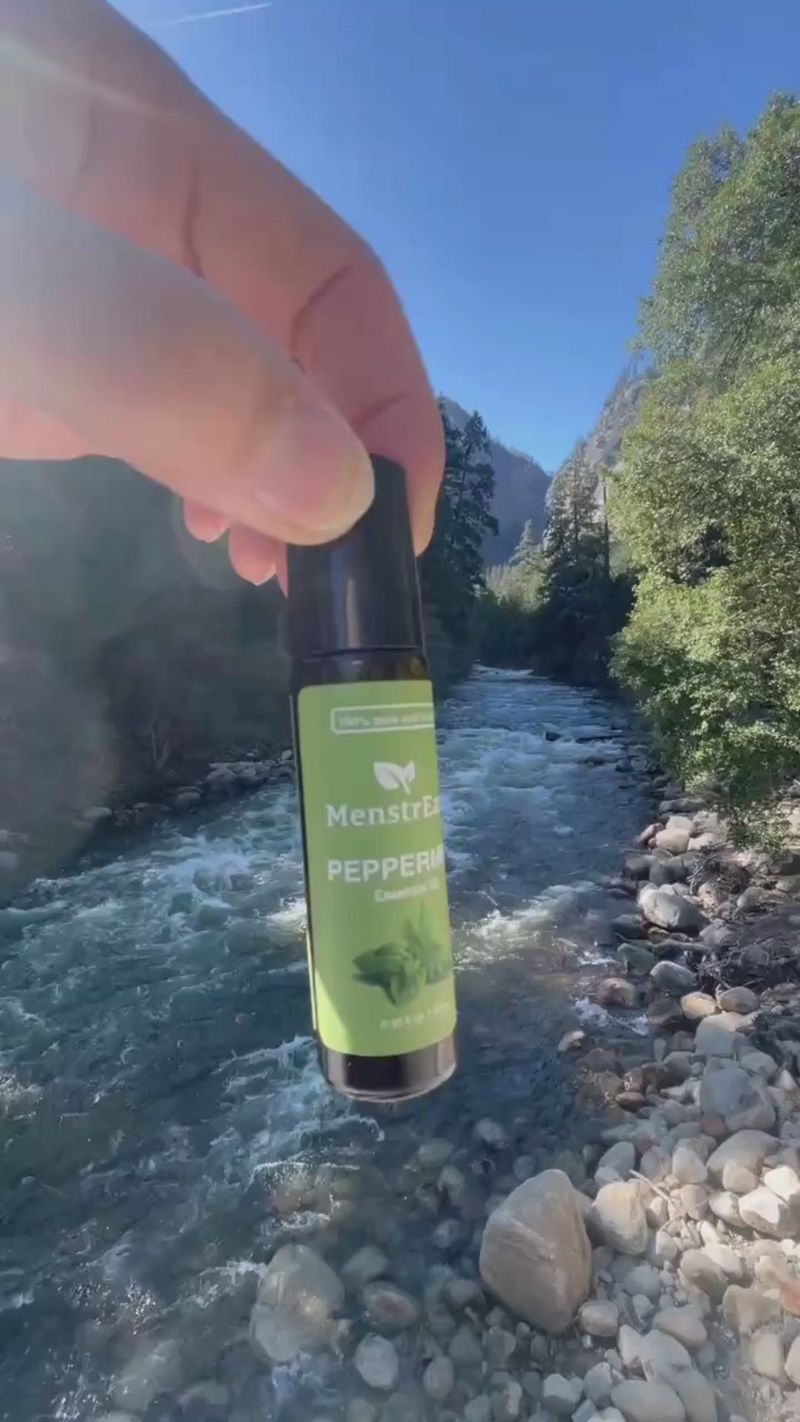
Travel stress, dehydration, and changing altitudes often trigger tension headaches that can derail your sightseeing plans. Topical peppermint oil provides fast-acting relief without the need for oral medications.
Clinical studies show that 10% peppermint oil applied to temples and forehead reduces headache pain as effectively as some over-the-counter pain relievers. The cooling sensation provides immediate comfort while the menthol works to relax tense muscles.
Choose a pre-diluted roll-on product rather than straight essential oil to avoid skin irritation. Apply carefully around the hairline and temples while avoiding contact with eyes, and reapply every few hours as needed for continued relief.
6. Honey Sticks for Coughs and Sore Throats

Air conditioning, dry cabin air, and exposure to new environments often lead to scratchy throats and persistent coughs that disrupt sleep and daily activities. Honey provides natural antibacterial properties and throat-coating relief.
Research published in major medical journals shows that honey works better than many cough syrups for reducing nighttime coughing in both children and adults. The thick consistency coats irritated throat tissues while natural enzymes help fight minor infections.
Individual honey sticks are perfect for travel because they don’t leak or require refrigeration. Never give honey to babies under 12 months old, but older children and adults can safely use honey multiple times daily for throat comfort.
7. Isotonic Saline Nasal Spray
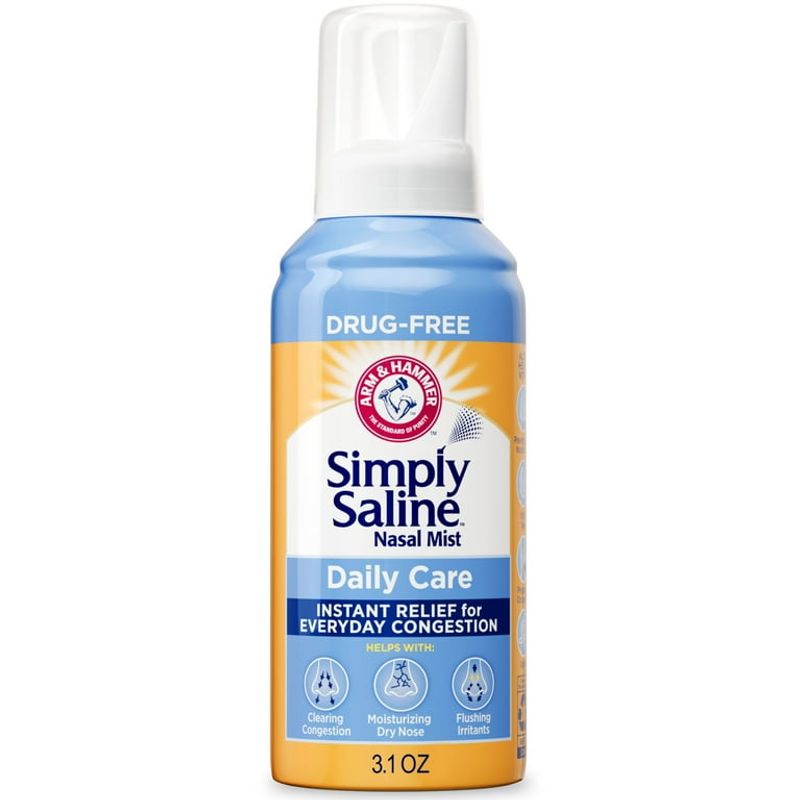
Airplane cabins, air conditioning, and dusty environments can dry out nasal passages, leading to congestion and discomfort that makes breathing difficult. Salt water irrigation gently moisturizes and cleanses nasal tissues.
While evidence for treating colds remains mixed, saline sprays effectively relieve nasal dryness and can help flush out allergens or irritants encountered during travel. These gentle solutions pose virtually no risk of side effects or interactions.
Choose small travel-sized bottles that meet airline liquid restrictions for carry-on bags. Use throughout long flights to maintain nasal moisture, and continue using in dry climates or dusty destinations to keep your breathing comfortable throughout your trip.
8. Pure Aloe Vera Gel for Sunburn Relief
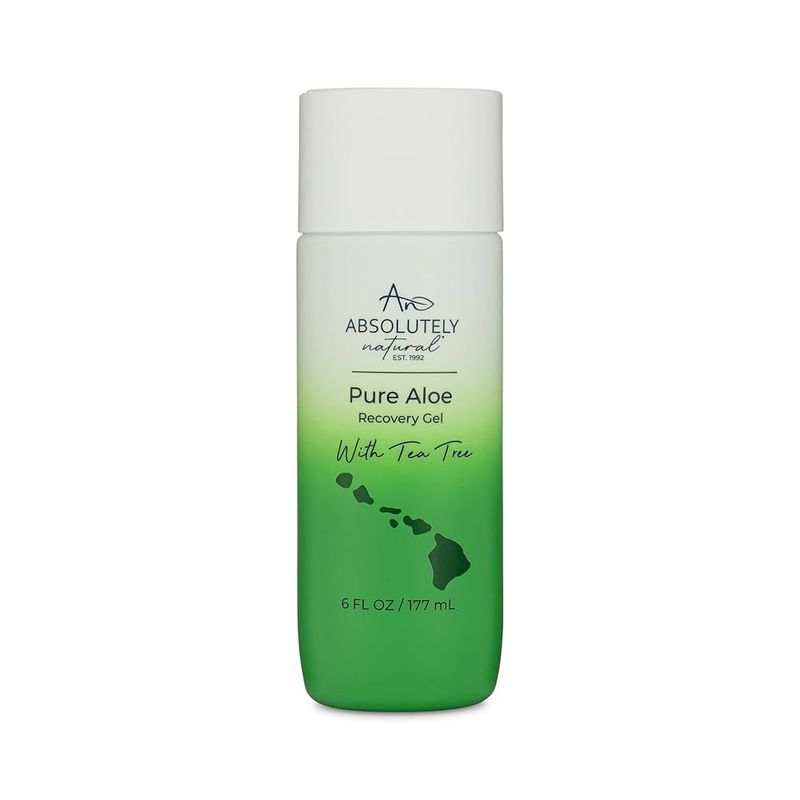
Spending time outdoors exploring new destinations often results in more sun exposure than your skin is accustomed to handling. Sunburn can quickly turn a beach vacation into a painful experience that limits your activities.
Dermatologists recommend aloe vera as an effective natural treatment for minor sunburns and skin irritation. The gel provides cooling relief while helping damaged skin retain moisture needed for healing and recovery.
Look for pure aloe vera gel without added fragrances or colors that might further irritate burned skin. Apply generously after cool showers and reapply frequently throughout the day. Keep the gel in a cool place when possible for extra soothing relief on hot skin.
9. Colloidal Oatmeal for Itchy Skin
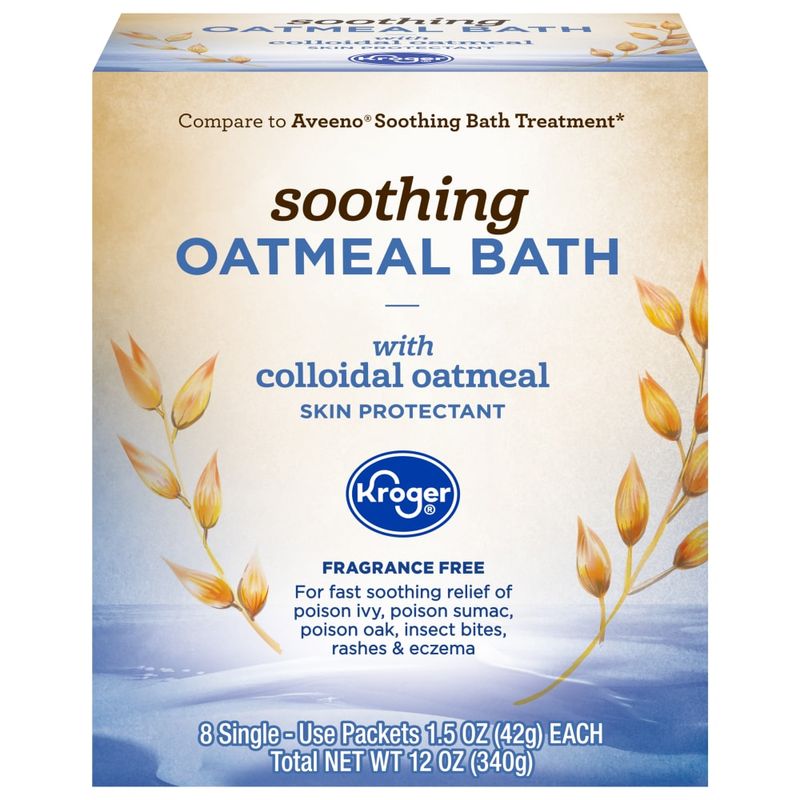
Bug bites, plant allergies, and sun exposure can leave your skin feeling itchy and irritated, making it difficult to enjoy outdoor adventures. Colloidal oatmeal is an FDA-recognized skin protectant that provides gentle relief.
This finely ground oatmeal creates a protective barrier on skin while delivering anti-inflammatory compounds that reduce itching and redness. Single-serve packets or small travel lotions take up minimal space in your luggage.
Mix packet contents with water to create a soothing paste for spot treatment, or look for travel-sized lotions containing colloidal oatmeal for convenient application. This remedy works especially well for children’s sensitive skin that reacts strongly to environmental irritants encountered while traveling.
10. Lavender Essential Oil for Anxiety and Sleep
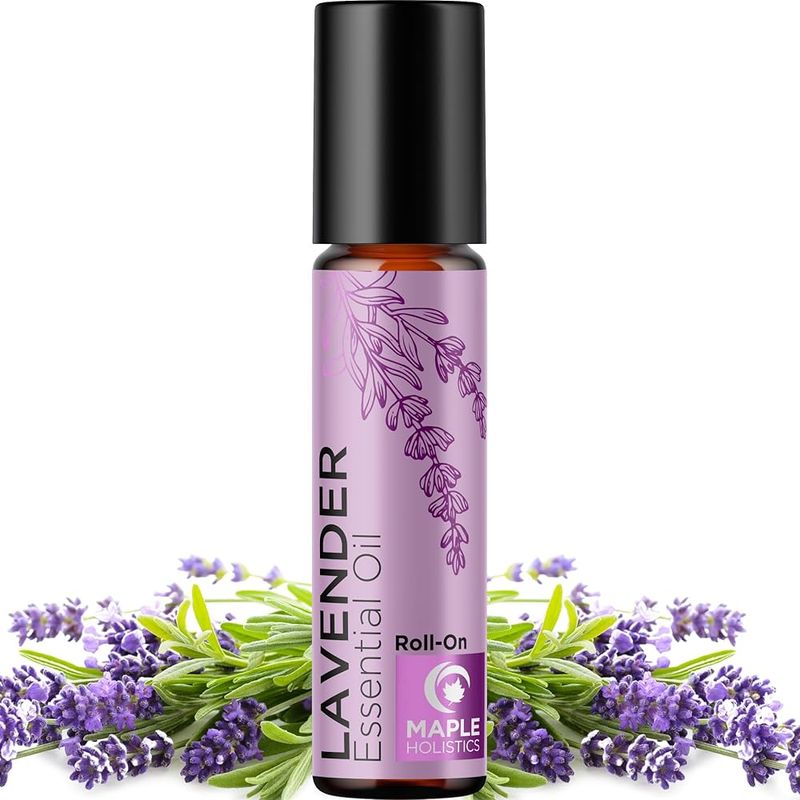
Travel anxiety and sleeping in unfamiliar places can make it challenging to relax and enjoy your trip. Pre-flight nerves or difficulty winding down in hotel rooms are common travel stressors that affect many people.
Scientific studies suggest that lavender aromatherapy can modestly reduce anxiety levels and promote relaxation. The familiar scent provides comfort in new environments while helping signal your brain that it’s time to rest.
Use a pre-diluted roller or simply inhale directly from the bottle – never ingest essential oils. Apply diluted oil to pulse points before flights or bedtime, or place a few drops on your pillow for gentle aromatherapy throughout the night.
11. Strain-Specific Probiotics
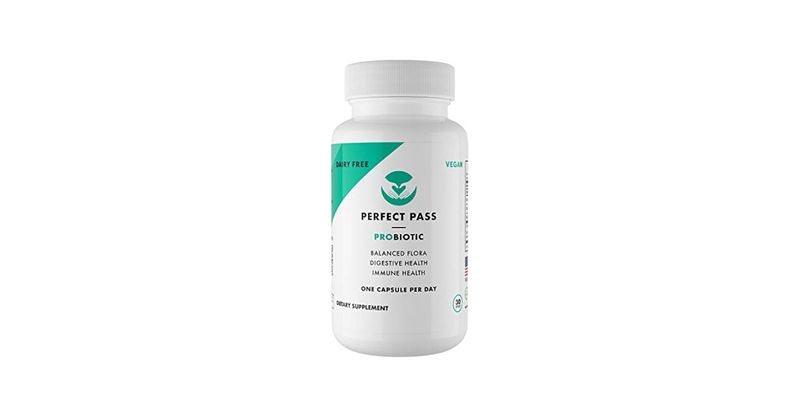
Changing your diet and trying new foods while traveling can disrupt your digestive system’s natural balance. Some travelers swear by probiotics for maintaining digestive health, though scientific evidence remains limited.
Certain strains like Saccharomyces boulardii and Lactobacillus rhamnosus GG show potential for reducing traveler’s diarrhea risk in some studies. However, the CDC notes that current research is insufficient to recommend routine use for all travelers.
If you choose to pack probiotics, select products that clearly identify specific bacterial strains and provide colony-forming unit (CFU) counts. Look for shelf-stable formulations that don’t require refrigeration, making them practical for extended travel periods in various climates.
12. Zinc Lozenges for Early Cold Symptoms
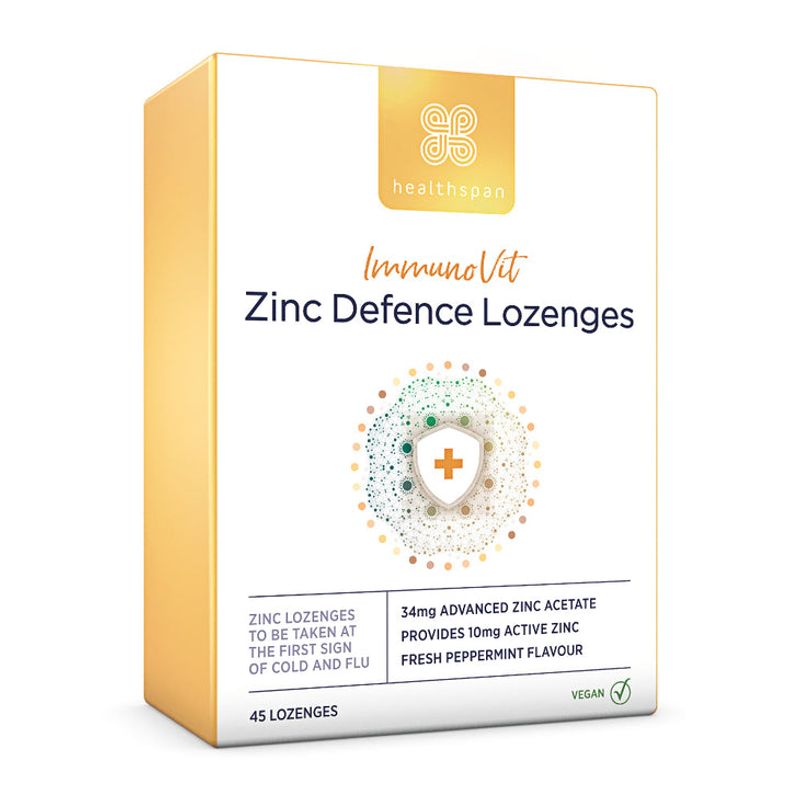
Exposure to new environments, stress, and close contact with other travelers can increase your chances of catching a cold. Starting treatment early often makes the biggest difference in how long you feel sick.
Some research suggests that zinc lozenges may help shorten cold duration when started within 24 hours of symptom onset. However, the evidence quality is low, and side effects like stomach upset and metallic taste are common.
Pack zinc lozenges as backup support rather than your primary cold treatment. Avoid zinc nasal sprays, which can cause permanent loss of smell. Use lozenges according to package directions and stop if you experience significant stomach discomfort or taste changes.
13. P6 Acupressure Wristbands for Nausea
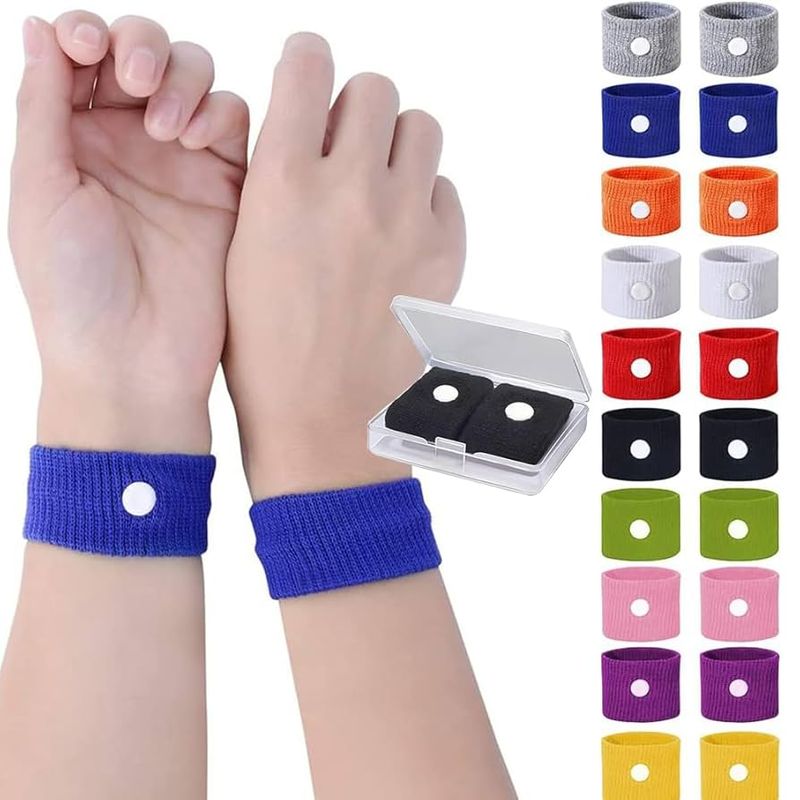
Motion sickness medications can cause drowsiness that interferes with enjoying your travel experiences. Drug-free alternatives like acupressure wristbands offer relief without unwanted side effects that limit your activities.
These bands apply gentle pressure to the P6 (Neiguan) acupressure point on your wrists. Research shows evidence for reducing postoperative nausea and vomiting, and many travelers report success with motion sickness as well.
The bands are reusable, lightweight, and safe for all ages. Put them on before you expect to feel nauseous, such as before boarding a boat or starting a winding car journey. They work best when positioned correctly according to the included instructions.
14. Diluted Tea Tree Oil for Minor Skin Issues
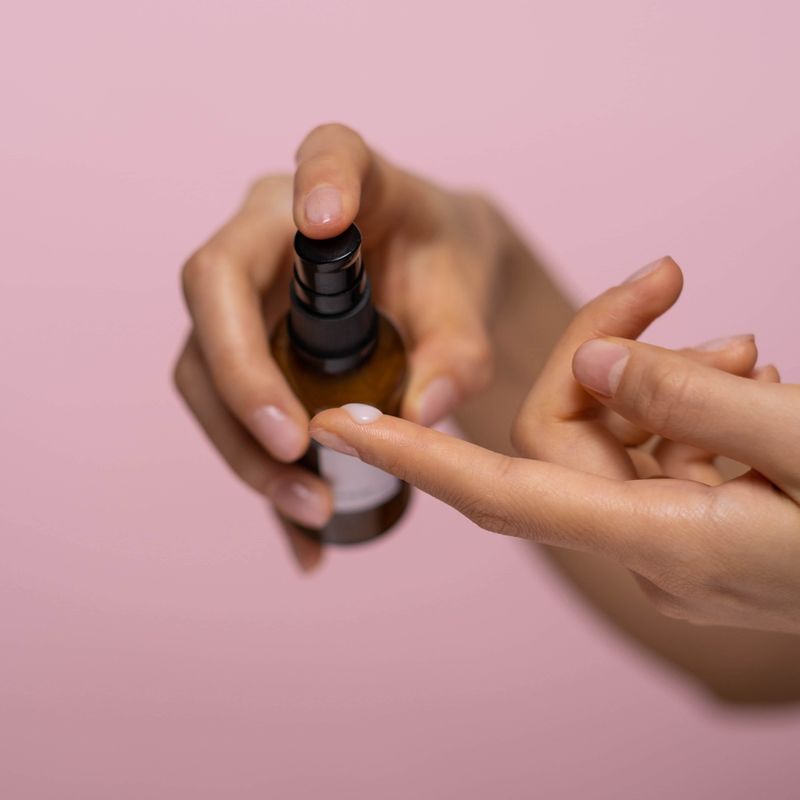
Small cuts, insect bites, and minor skin irritations are common travel mishaps that can become problematic if they get infected. Tea tree oil has natural antimicrobial properties that may help prevent minor skin issues from worsening.
This essential oil should always be diluted before skin application and never ingested or used on deep wounds. Consider it an optional addition rather than an essential travel remedy, as it can cause skin irritation in sensitive individuals.
Choose a pre-diluted product or mix a few drops with a carrier oil like coconut oil before applying to affected areas. Test on a small skin patch first to check for reactions, and discontinue use if irritation develops.
15. Chamomile Tea Bags for Gentle Relaxation
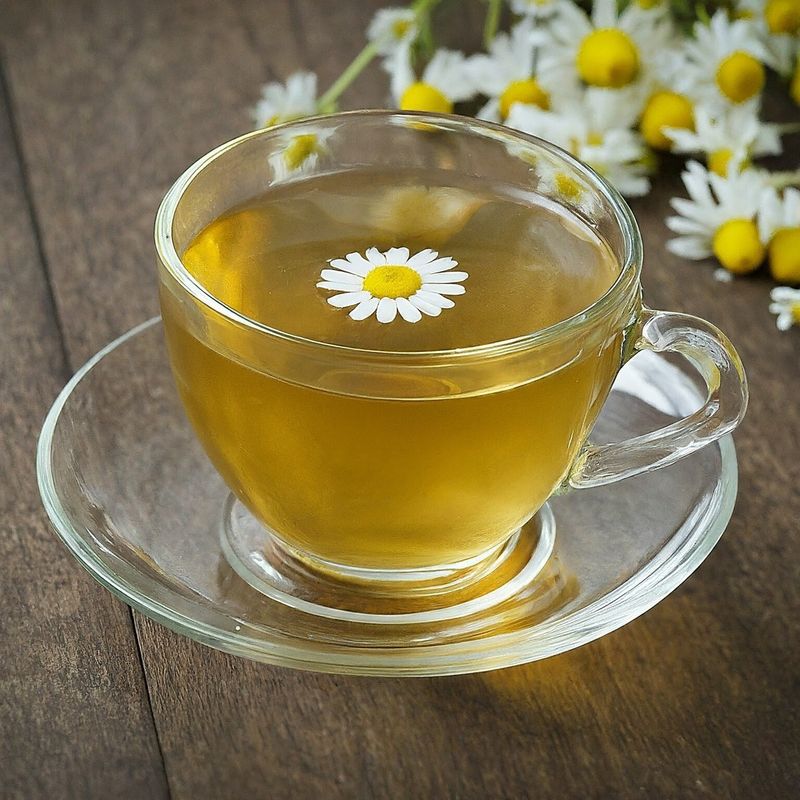
Unfamiliar foods, schedule changes, and travel stress can upset both your stomach and your ability to unwind at the end of busy sightseeing days. Chamomile tea offers a gentle, familiar comfort that travels well.
While scientific evidence for chamomile’s benefits remains limited, this mild herbal tea has been used for centuries to promote relaxation and soothe minor digestive discomfort. The ritual of brewing tea can itself be calming.
Individual tea bags are lightweight and don’t require special storage conditions. Avoid chamomile if you’re allergic to ragweed, as they’re related plants. Brew a cup before bedtime or when you need a moment of calm during hectic travel days.

